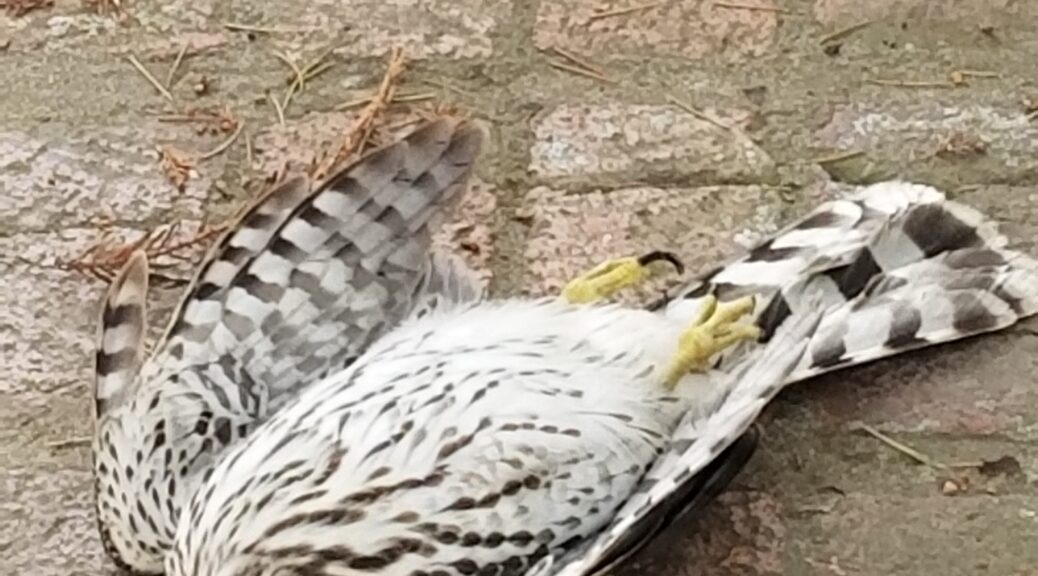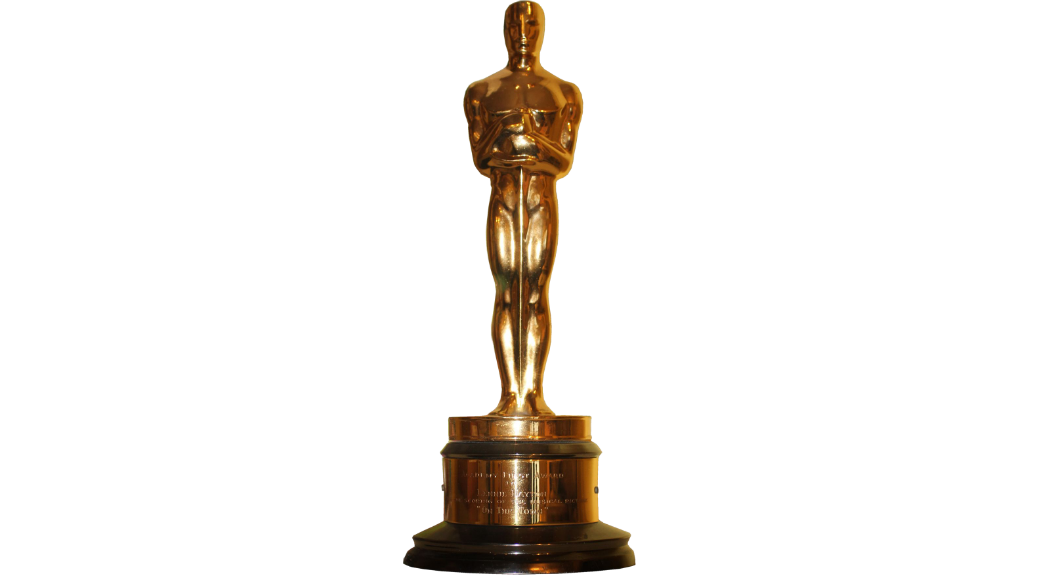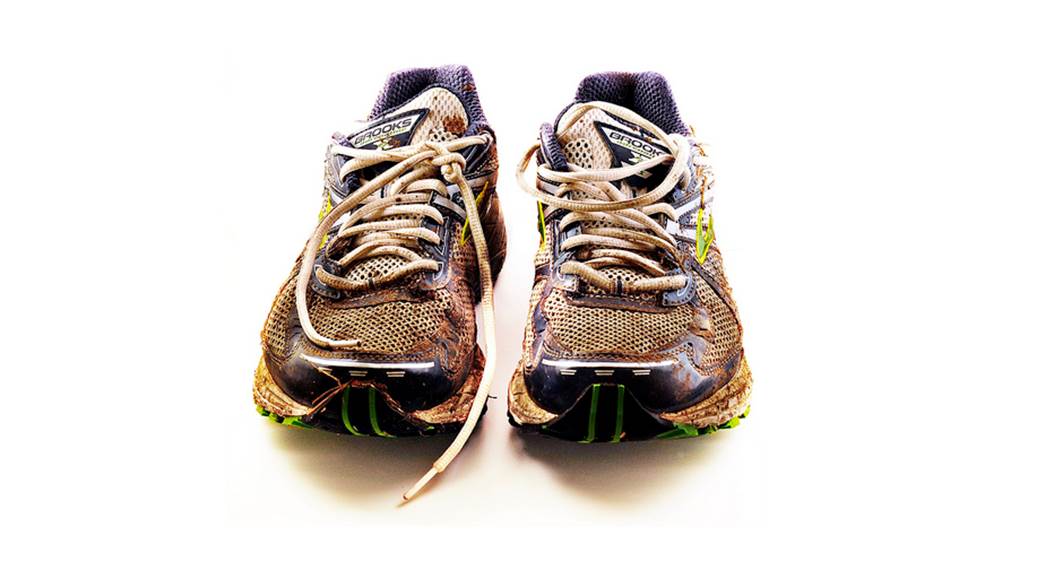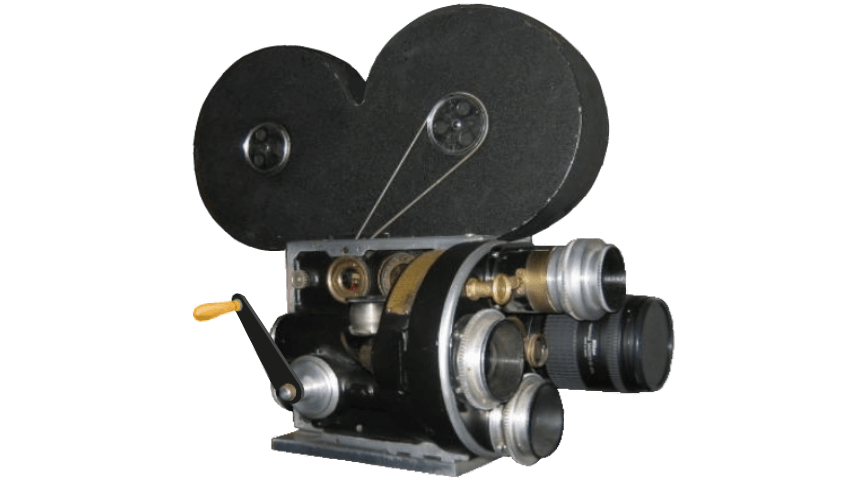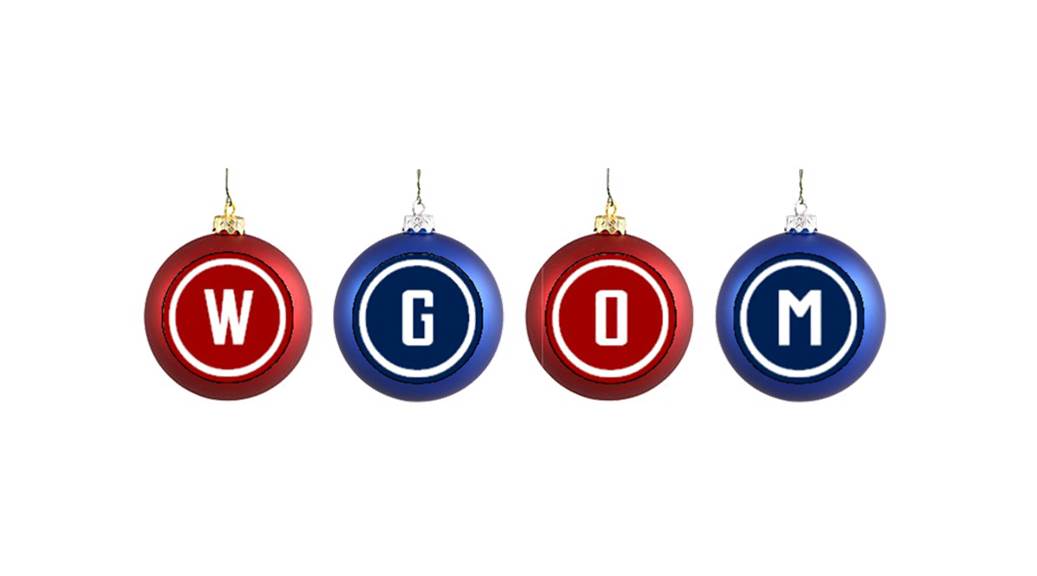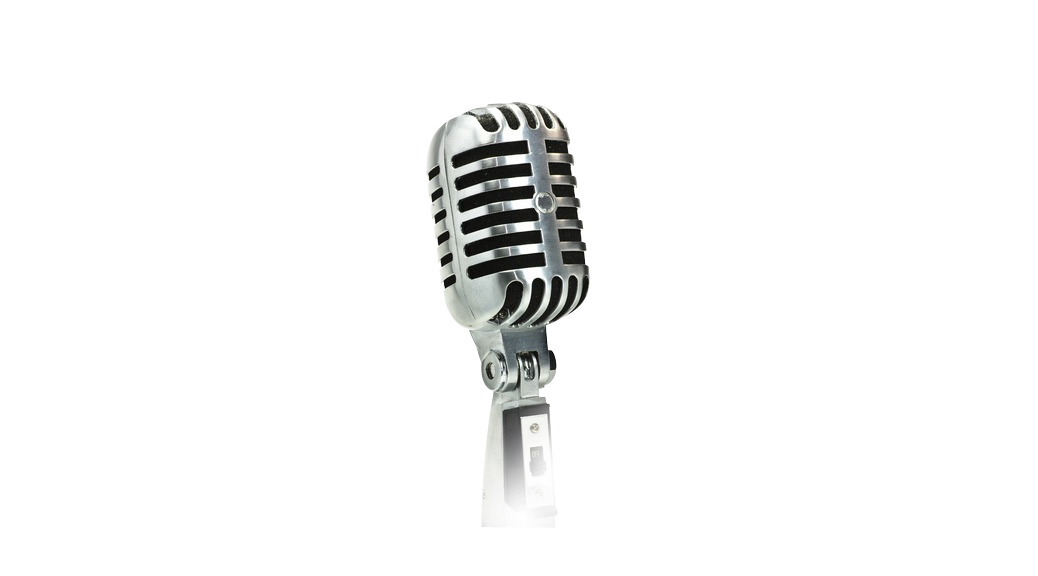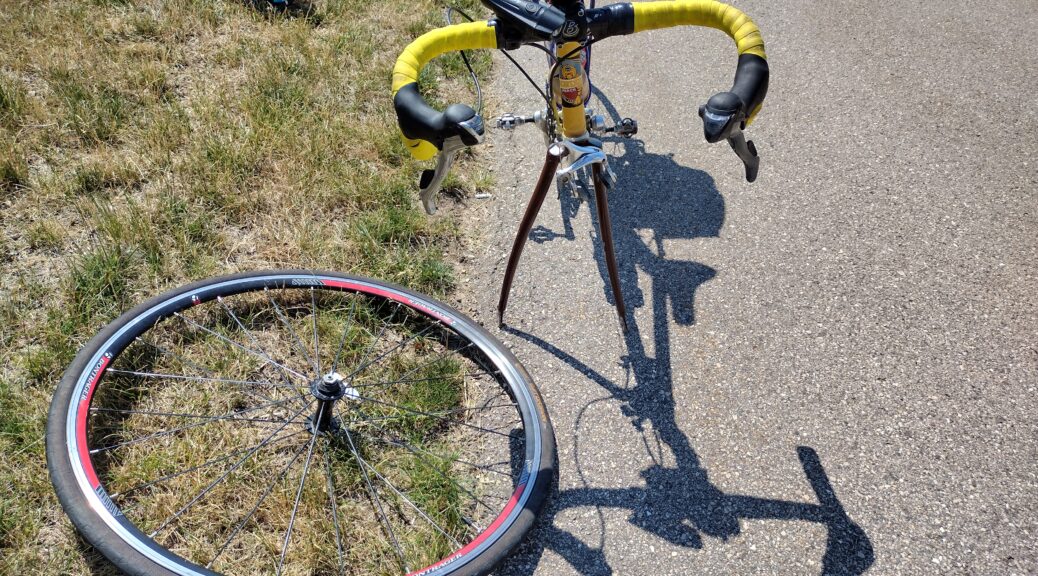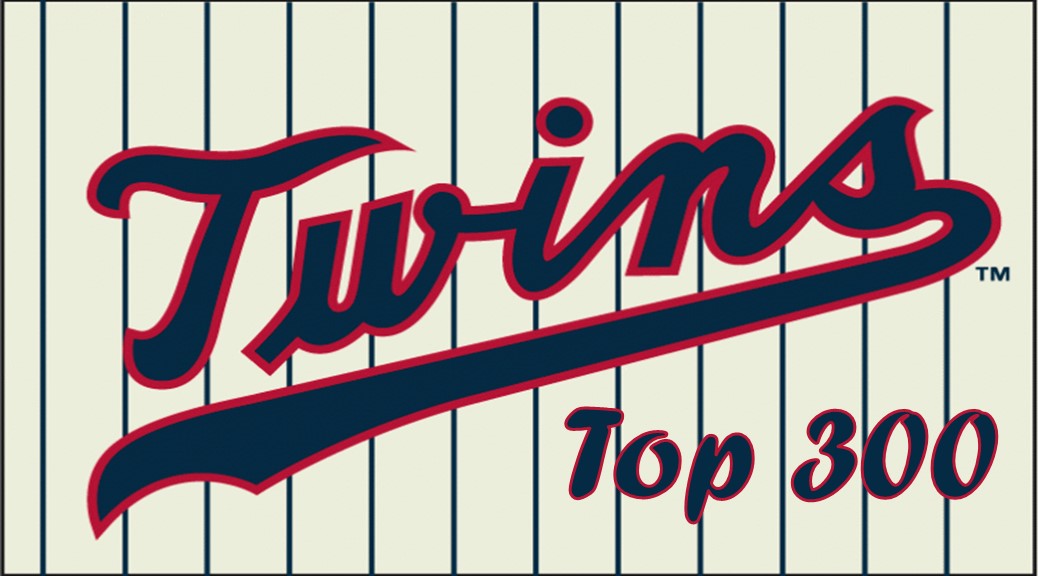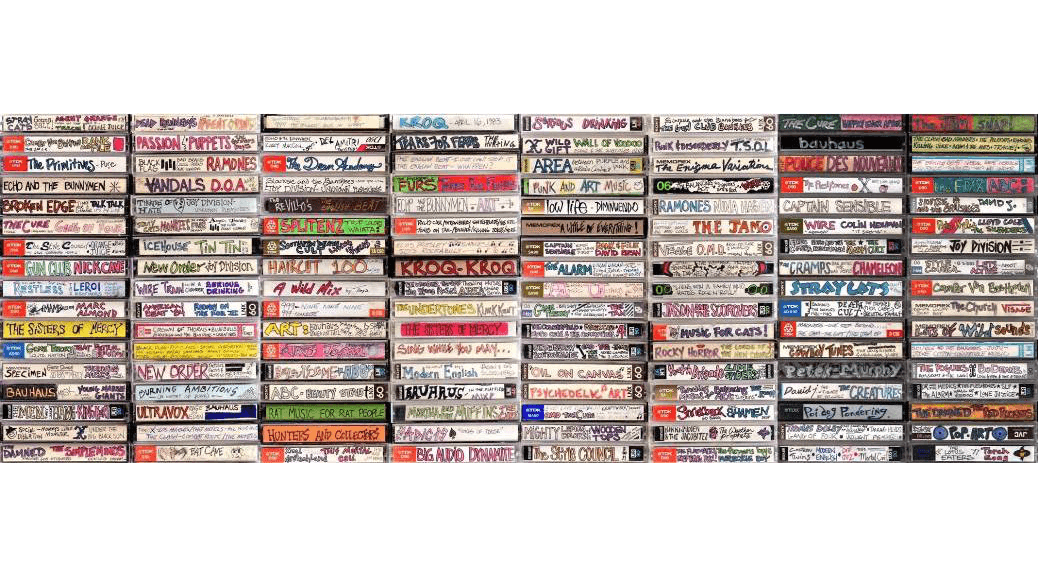The Minnesota Twins have now completed 63 years of baseball and it is year 12 of putting my pet project on the WGOM site. For the first time since I started this list in 2005, I can actually give significant bonus points for postseason heroics as the Twins went 3-3 in playoff games (and 1-1 in series) ending their 19 year streak of 18 consecutive playoff game losses.
2023 was a fun season for the local fans as the Twins won the AL Central, dispatched of the Blue Jays in the Wild Card Round before falling to the Astros in the ALDS. There was quite a bit of movement within the top 300 list as well as 9 newcomers adding to the list. This year's newcomers are Pablo Lopez, Bailey Ober, Ed Julien, Willi Castro, Royce Lewis, Alex Kirilloff, Donovan Solano, Matt Wallner, and Michael Taylor.
In the top 100 Twins, there was some movement amongst the returning Twins. The top current Twin is still Jorge Polanco who moved up 6 spots to the 30th spot. Behind him at 38 is Byron Buxton, up 1 spot from a year ago. Max Kepler jumped 20 spots to #40 and Carlos Correa moved up 32 spots to 87.
In, the 101-200 range, Sonny Gray moved up 154 spots to land at #101. Ryan Jeffers moved up 96 spots to #155. Kenta Maeda returned from a lost injury year to move up 22 spots to #165. Joe Ryan moved up 31 spots to 169. Jhoan Duran moved up 113 spots to 177 and fellow bullpen partner Caleb Thielbar moved up 13 spots to 189. Newcomers Pablo Lopez and Baily Ober skipped the 200s and jumped in respectively at 124 and 170.
In the 201-300 range, Nick Gordon and Jose Miranda experienced set backs and dropped 10 spots (to #217) and 8 spots (to #233) respectively. Trevor Larnach moved up 20 spots to end at #276. They're joined by newcomers Ed Julien (226), Willi Castro (245), Royce Lewis (258), Alex Kiriloff (265), Donovan Solano (274), Matt Wallner (292), and Michael Taylor (294).
Falling out of the top300 this year are Ray Moore, Joe Crede, Jim Lemon, Johnny Briggs, Brian Buscher, Rick Lysander, Gary Serum, Bobby Mitchell, and Mike Morgan.
I stole the idea from when Aaron Gleeman started his top40 list almost 20 years ago, but just decided to expand to a nice big round 300. The below quote is his, and the rest is an excerpt from a book I put together at the 50 year mark. I’ve updated the list and stats through 2023.
“The rankings only include time spent playing for the Minnesota Twins. In other words, David Ortiz doesn’t get credit for turning into one of the best players in baseball after joining the Red Sox and Paul Molitor doesn’t get credit for being one of the best players in baseball for the Brewers and Blue Jays. The Twins began playing on April 11, 1961, and that’s when these rankings start as well.”
I used a variety of factors, including longevity and peak value. Longevity included how many years the player was a Twin as well as how many plate appearances or innings pitched that player had in those years. For peak value, I looked at their stats, honors, and awards in their best seasons, as well as how they compared to their teammates. Did they lead their team in OPS or home runs or ERA for starters or WPA? If so, that got some bonus points. I factored in postseason heroics, awards (gold gloves, silver sluggers, MVPs, Cy Youngs), statistical achievements (batting titles, home run leaders, ERA champs, etc), and honors (all star appearances), and I looked at team success as well. If you were the #1 starter on a division winning champ, that gave you more points than the #1 starter on a cellar dweller. I looked at some of the advanced stats like WPA, WAR (as calculated by fan graphs and baseball-reference.com), WARP (as calculated by Baseball Prospectus), and Win Shares (as calculated by Bill James). For hitters, I also looked at OPS and the old school triple crown statistics like batting average, home runs, stolen bases, and RBI (and not only where you finished within the AL in any given year, but where you appear on the top25 lists amongst all Twins in the last 63 years). For pitchers I looked at strikeouts, innings pitched, win/loss percentage, ERA as well as ERA+). If there was a metric that was used for all 63 years of Twins history, I tried to incorporate it. I tended to give more credit to guys who were starters instead of part time/platoon players, more credit to position players over pitchers (just slightly, but probably unfairly) and starters over relievers (and closers over middle relievers). There’s no formula to my magic, just looking at a lot of factors and in the end going with the gut in all tie-breakers. Up in the top25 I’m looking at All star appearances, Cy Young and MVP votes, batting average or ERA titles or top10 finishes, etc, and placement in the top25 hitting and pitching lists in Twins history as well. In the middle 100s, it’s more about who started a few more years or had 2 good seasons rather than 1 with possibly an occasional all-star berth or top10 finish in SB or strikeouts. Once you’re in the latter half of the 200s there are none of those on anyone’s resume, so its basically just looking at peak season in OPS+ or ERA+, WAR, Win Shares, and who started the most years, had the most at bats, or pitched the most innings. What the player did as a coach, manager, or broadcaster is not taken into consideration for this list, so Billy Martin, Tom Kelly or Billy Gardner weren’t able to make the top 300 since they were poor players and Frank Quilici and Paul Molitor didn’t improve his status due to his managing career.
Feel free to pick it apart and decide in your opinion, who was slighted, and who's overrated. Columns are sort-able if you want to see how each player ranks by any of the metrics or "years as a starter" or their last year with the team to see the more recent players.
Continue reading TOP 300 MINNESOTA TWINS OF ALL TIME: UPDATED THROUGH 2023 →

